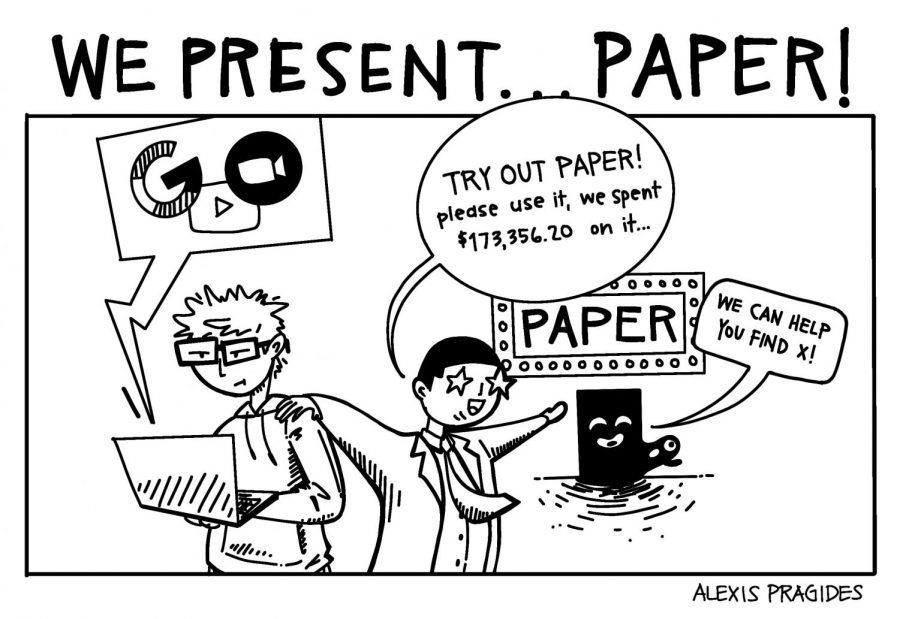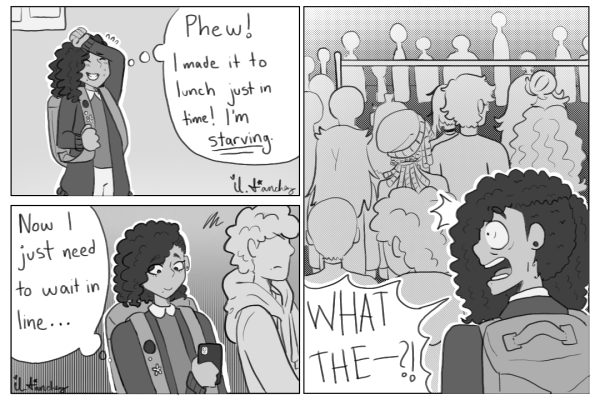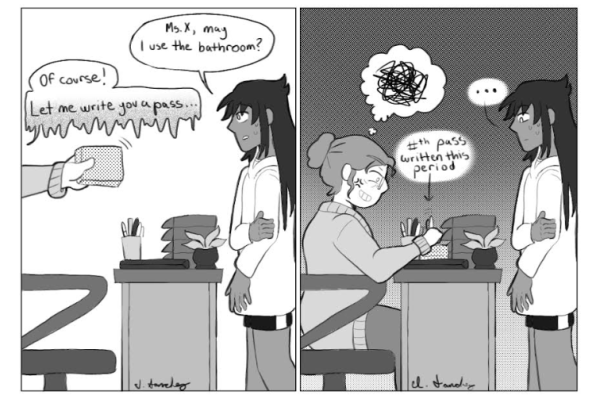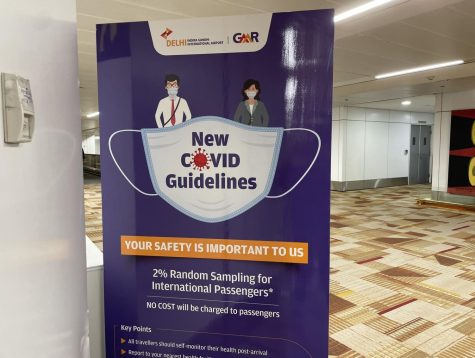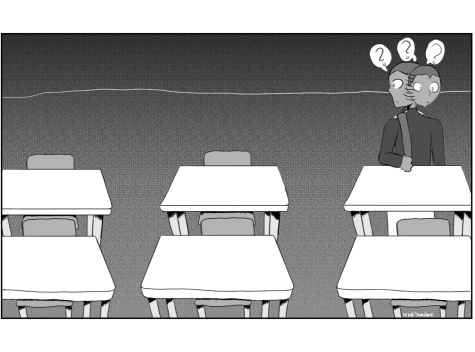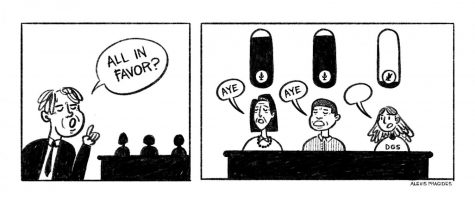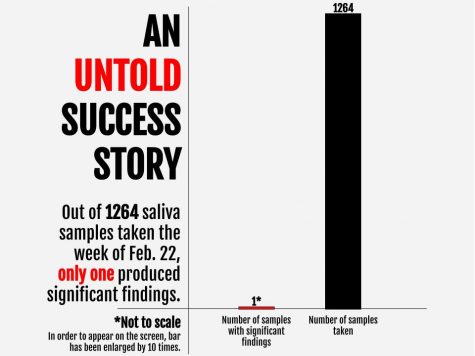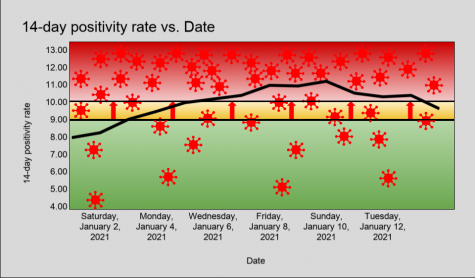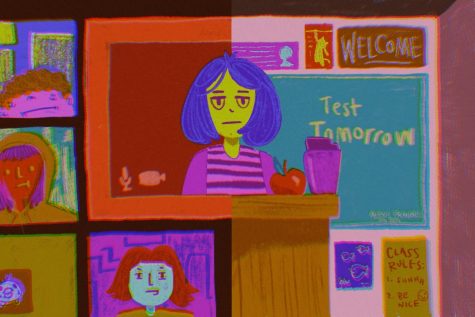Waste of Paper: District makes avoidable mistake with purchase of new tutoring service
By failing to listen to students, District 99 makes a well-intentioned, obvious misstep with purchase of Paper.
On Jan. 25, students were formally introduced to Paper, a 24/7 chat-based tutoring service recently purchased by the district for $173,356.20, or $36.90 per student. When the school board was presented with such a steep price tag, valid concerns over how much students would use the service were brought up, to which board member Mike Davenport responded by saying the following.
“I feel obligated to give students every possible resource, every possible opportunity… I don’t see how we can’t do this,” Davenport said.
He’s right.
During the 2020-2021 school year, one that’s been by many accounts an unavoidable disaster, students deserve access to every resource the district can get their hands on.
The problem lies in the fact that students have been largely left out of the decision-making process. As a result, plans drawn up in administrative meetings are failing when put into practice.
From a chaotic hybrid plan that nearly half of DGS students have chosen not to participate in, to Paper, a likely under-utilized tutoring service, there has been a series of easily foreseeable failures that the administration could have avoided if they had consulted with students first.
While a 24/7 on-demand tutoring service sounds like a great idea when presented at a board meeting, any DGS student could easily see its flaws. Paper fails to address the root problem with the 2020-2021 school year — a lack of student motivation. If students aren’t even showing up to their classes, of course they won’t go out of their way to work with a tutor.
So if Paper is unlikely to be used by the exact students it’s meant to help, what exactly is it good for? Paper isn’t for quick answers, Google is for that; Paper isn’t for personalized help from teachers, office hours are for that; Paper isn’t for catching up on what you missed in class, your classmates are for that; Paper isn’t for an explanation of a new topic you don’t know, YouTube is for that.
Paper is for a hyperspecific case of late-night help with a familiar topic. Whether administrators failed to realize this fact or simply ignored it is irrelevant. What is relevant is that a focus group of students could see this coming a mile away and avoided this misstep.
Paper feels like yet another idea that is better on paper than in practice. Going forward, District 99 must consult with students to prevent future missteps and actually give students the high-quality education they’ve been stumbling towards all year.


